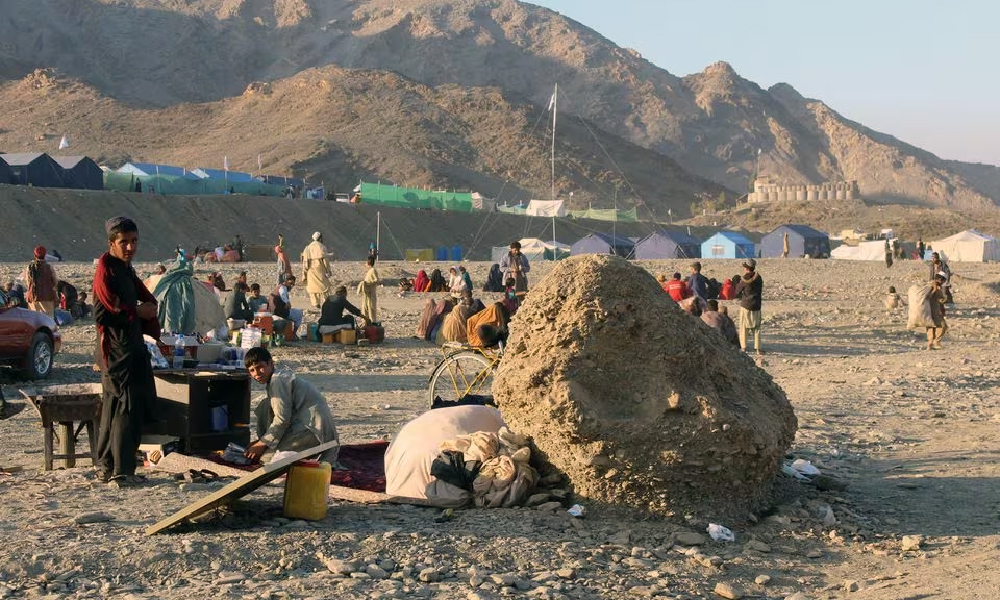Climate change, worsening armed conflicts, growing debt-loads and shrinking international support will accelerate humanitarian crises worldwide in 2024, the International Rescue Committee (IRC) said in a report on Thursday.
In its 2024 Emergency Watchlist, the New York-based IRC pointed to 20 nations largely in Africa at the greatest risk of a worsening humanitarian situation next year, Reuters reported.
The report comes after the number of people in need of humanitarian aid this year rose to 300 million while those forced to flee their homes soared to 110 million.
“This is the worst of times,” IRC chief David Miliband said in a statement, calling for more emphasis on climate adaptation, women’s empowerment, ‘people-first’ banking, support for displaced people and actions to stem impunity.
Sudan ranked top of the IRC’s emergency watchlist followed by the occupied Palestinian territories and South Sudan.
Beneath them rank nine Sub-Saharan nations; Myanmar and Afghanistan in Asia; Syria, Lebanon and Yemen in the Middle East; Europe’s Ukraine; South America’s Ecuador and Haiti in the Caribbean.
These 20 territories account for some 10% of the world’s population but 86% of global humanitarian need, 70% of displaced people and a growing share of those facing extreme poverty and climate risks, the IRC said.
Sudan, which was not included last year, topped the list as large-scale urban warfare meets “minimal international attention,” it said, while the Palestinian territory of Gaza enters 2024 as the deadliest place for civilians worldwide.
While some African countries achieve fast improvement of living standards, conflicts, coups and poverty are rising at “alarming rates”, the IRC said, while the El Nino weather phenomenon threatens extreme climate.
Ecuador – home to many Venezuelan refugees – joined the list for the first time as a rise in violent crime, which the state attributes largely to drug trafficking, aggravates economic impacts from the pandemic and climate risks, it added.
Meanwhile in Haiti, the IRC pointed to nearly half the population needing humanitarian aid and said it was “unlikely” potential U.N. efforts to help police fight powerful armed gangs would significantly improve conditions next year.













